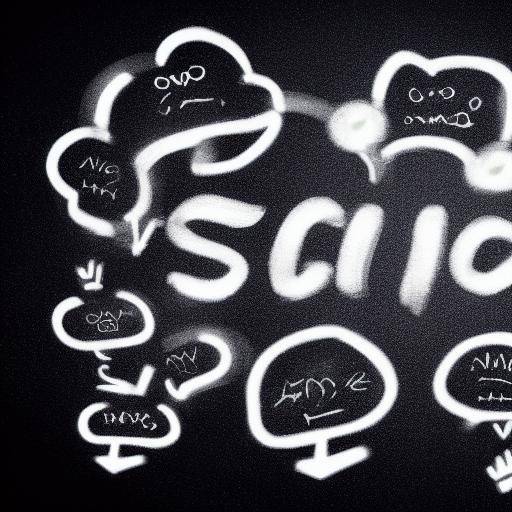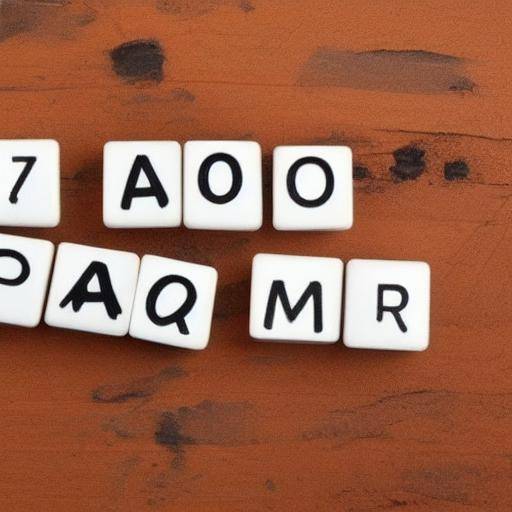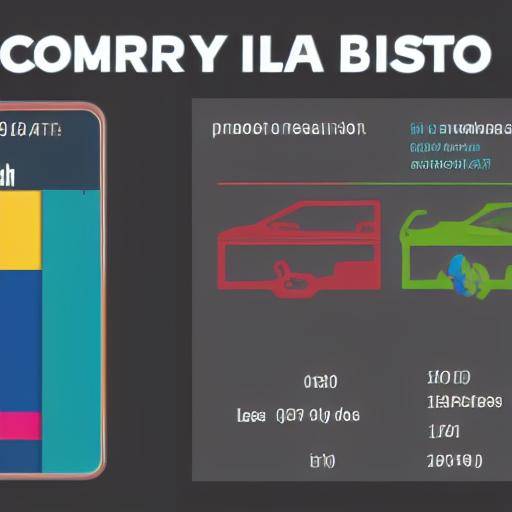
Introduction
Have you ever wondered how non-monetary rewards can influence people's motivation? In the world of psychology and business management, the concept of non-monetary rewards has gained significant importance. In this article, we will explore in detail the impact of non-monetary rewards on personal motivation, as well as the system of rewards and their relationship with motivation. From its history and evolution to its practical application in different contexts, this article will provide an integral view of this relevant and current topic.
History and Background
Non-monetary rewards have their roots in the theory of human motivation developed by prominent psychologists such as Abraham Maslow and Frederick Herzberg. Maslow's theory, focused on the hierarchy of needs, suggests that people are motivated by a number of needs ranging from the most basic, such as food and shelter, to the highest, such as personal growth and self-realization. On the other hand, Herzberg proposed the theory of the two factors, where he identified the motivating and hygienic factors that influence labor satisfaction.
In business, non-monetary rewards have evolved to include a wide range of incentives, such as recognition, personal and professional development opportunities, labour flexibility, and a positive working environment. These approaches are based on the idea that people are looking for more than a salary to feel satisfied and motivated in their work.
Analysis in Deep
In analyzing non-monetary rewards, it is essential to understand their benefits and challenges. On the one hand, these rewards can have a significant impact on employee motivation and commitment, which in turn can lead to better organizational performance. However, it is also crucial to recognize potential challenges, such as the difficulty of measuring the exact impact of such rewards on productivity and the risk of being perceived as substitutes for fair monetary compensations.
Comprehensive review
The practical application of non-monetary rewards varies according to organizational context and culture. Some companies have implemented recognition programs and rewards that include non-financial incentives, such as free days, sports memberships or travel. These approaches seek to strengthen employee engagement and foster a positive working environment.
Comparative analysis
Compared to monetary rewards, non-monetary rewards can have a different impact on people's motivation. While monetary rewards are often associated with short-term results, non-monetary rewards can generate a more lasting impact on intrinsic motivation and emotional well-being.
Practical Tips and Accessible Tips
If you are looking to implement non-monetary rewards in your business or work team, it is important to consider customized strategies that align with employee needs and preferences. Establishing a system of rewards that promotes growth and balance between working and personal life can be key to greater motivation and satisfaction.
Industry Perspectives and Expert Reviews
Experts on human resources management and organizational psychology have expressed their view on the impact of non-monetary rewards on personal motivation. Many agree that these rewards can be an effective tool to boost employee engagement and performance, especially in an increasingly diverse and dynamic working environment.
Case Studies and Real Life Applications
Cases of companies that have successfully implemented non-monetary reward programs can provide a valuable insight into the most effective strategies. In analysing these cases, it is important to consider how these practices are adapted to different business cultures and working environments.
Future Trends and Predictions
As the workforce evolves and the mentality of employees changes, non-monetary rewards are likely to be even more important in the organizational sphere. With increased awareness of the balance between working and personal life, as well as the focus on emotional well-being, companies are expected to innovate in their reward programs to meet the changing needs of their employees.
Conclusion
Non-monetary rewards have the potential to transform personal motivation into the working environment, offering significant benefits for both employees and organizations. By understanding the impact and best practices associated with these programs, companies can foster a positive and motivating working environment. It is crucial to consider the individual needs of employees when designing and implementing non-monetary reward systems, as this can make the difference in the effectiveness and impact of these initiatives.
FAQs
1. What types of non-monetary rewards are more effective in motivating employees?
Effective non-monetary rewards may vary according to individual preferences, but public recognition, development opportunities and the balance between working and personal life are often highly valued.
2. What are the most common challenges in implementing a non-monetary reward system in a company?
Some common challenges include the perception of impartiality in the distribution of rewards, the difficulty of measuring the concrete impact of these rewards on performance and resistance to change by some employees.
3. How can small businesses implement non-monetary rewards effectively with limited resources?
Small businesses can focus on strategies such as personalized recognition, internal professional development and the creation of a positive and collaborative work environment.
4. Is there any danger in relying too much on non-monetary rewards to motivate employees?
Depending only on non-monetary rewards, it could lead to underestimation of the importance of fair and equitable compensation. It is vital to balance these rewards with other aspects of the working environment.
5. What is the key difference between non-monetary rewards and the traditional reward system based on monetary incentives?
The key difference lies in the approach to meeting the emotional, social and development needs of employees rather than simply appealing to financial incentives.
6. How to measure the impact of non-monetary rewards on employee motivation and performance?
Impact measurement can include satisfaction surveys, performance evaluations and feedback on compromise and productivity.
With this article, we hope to have provided an integral vision on the impact of non-monetary rewards on personal motivation, as well as the reward system and its relationship to motivation. In understanding these dynamics, companies can strengthen their talent management strategies and create more satisfactory and productive working environments.






















































